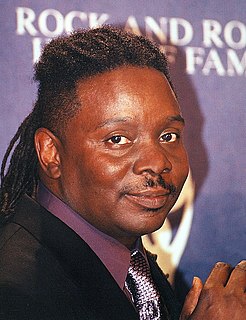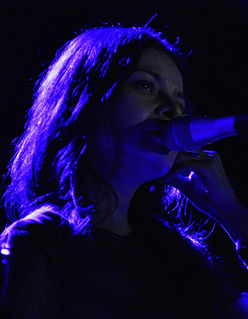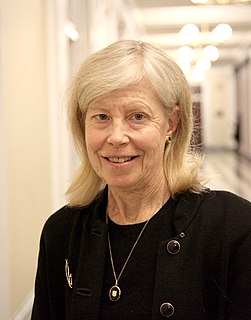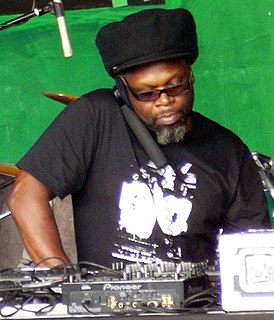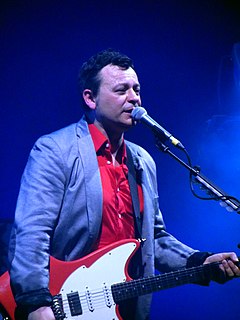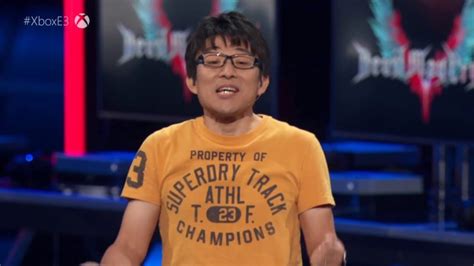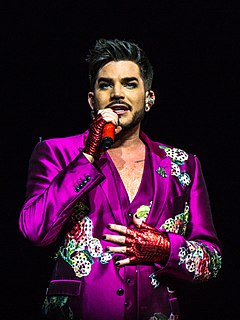A Quote by Philip Bailey
When we came up, groups and bands and performers were interested in being their own thing. They wanted to make sure that they had their own identity.
Related Quotes
Being part of The L Word made me realize how much more television can be that what I had experienced in my lifetime in terms of being able to be of service to people. I had so many fans come up to me who were really deeply appreciative of the show and what it had meant for them and their own sense of identity and their own sense of inclusion in our society and in our culture.
There's a sorry history of these kinds of charges of bias being leveled at women and judges of color, and also gay and lesbian judges. The theory being that they're going to be incapable of a disinterested judgment on matters that involve their own identity groups. And it came up famously for Constance Baker Motley who was one of the first African American federal judges in a case involving sex discrimination.
We, black British, were searching - as the first generation that was born and raised here - for our own identity. We already knew what the Caribbean thing was about. We grew up with the racial tension and unrest. They were either touching your head for good luck or kicking you down the stairs for being too dark. But that was part and parcel of how we grew up in London. But in terms of our identity, it was more about us claiming it y'know?
Britain, as a pop music nation, used to have this very 'empire' kind of attitude. We used to 'invade' the world with our bands, you know? That's obviously changed, because in Europe they're much more interested in bands speaking their own language. Especially in France and Germany. They're starting to develop their own bands much more.
What I want to argue for is not that we should give up on our ideas of success, but that we should make sure that they are our own. We should focus in on our ideas and make sure that we own them, that we're truly the authors of our own ambitions. Because it's bad enough not getting what you want, but it's even worse to have an idea of what it is you want and find out at the end of the journey that it isn't, in fact, what you wanted all along.
'Monster Hunter' was its own series, its own franchise, and it just so happened that we wanted to make a realistic fantasy-based action game, and because we had the staff available to make something like that, we're able to make this game. The ideas for 'Dragon's Dogma' came from a completely different place.
Being on my own was liberation, it was liberty, it was freedom, it was responsibility! It was the greatest thing in the world, getting old enough to be on my own. And today we have to deal with the fact that being on your own is so frightening and so scary and makes you feel so vulnerable. I wouldn't be where I am today if I had that attitude, if I had been afraid to be on my own.
